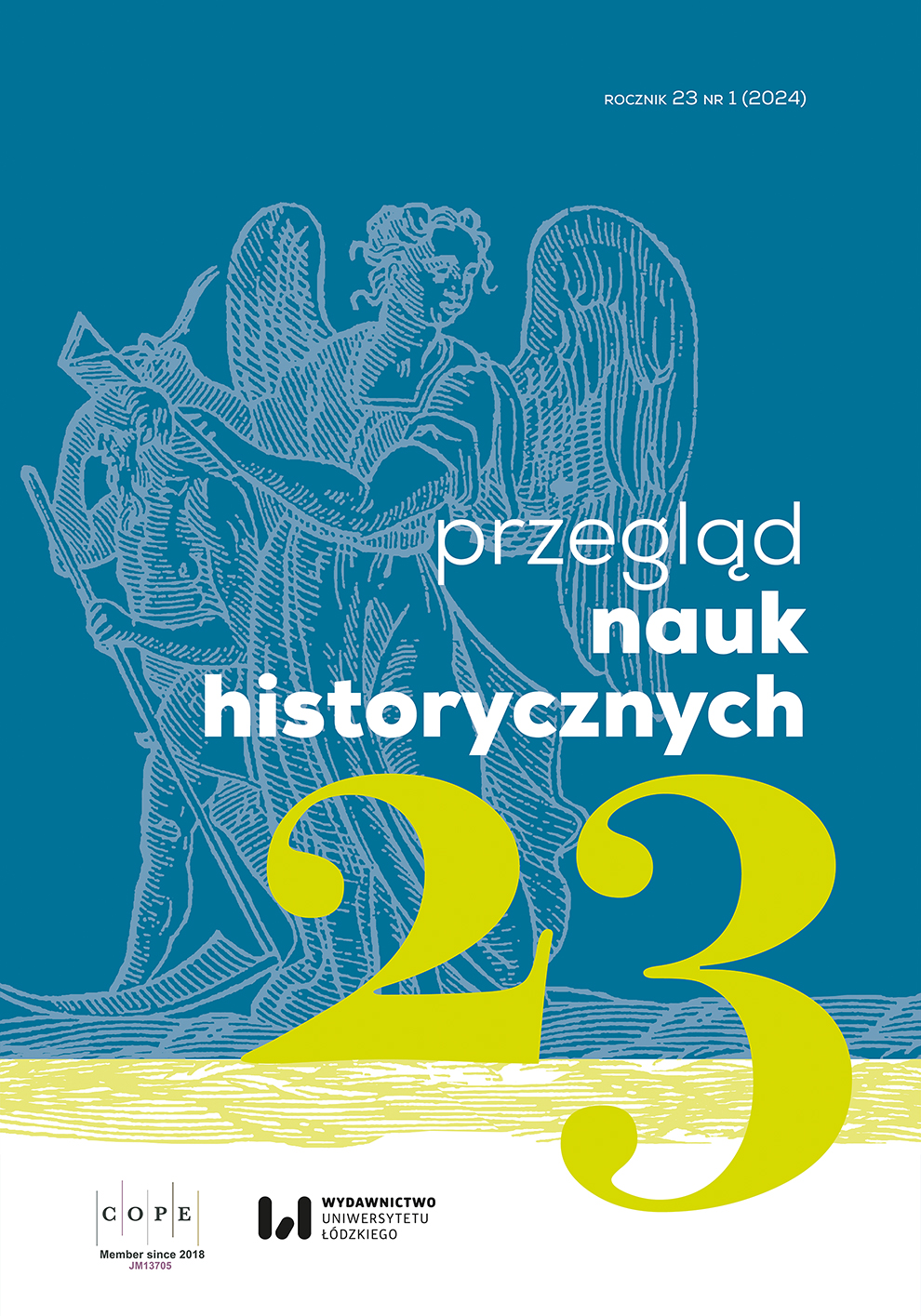Polish-Austrian Relations at the End of the Cold War in the Light of Polish Diplomatic Sources
Polish-Austrian Relations at the End of the Cold War in the Light of Polish Diplomatic Sources
Author(s): Agnieszka Kisztelińska-WęgrzynskaSubject(s): Diplomatic history, Post-War period (1950 - 1989)
Published by: Wydawnictwo Uniwersytetu Łódzkiego
Keywords: Polish People’s Republic; Austria; Cold War; European integration; fall of communism
Summary/Abstract: The historical research methods adopted aim to answer the question of whether the Eastern countries neighboring Austria, constrained by their economic and political systems, could count on assistance in initiating political reforms. The disparity between the democratic West and the communist East had an unfavorable impact on Vienna. The research thesis concerns the possibility and scale of Austria’s involvement in economic reforms in Poland. The Austrians recognised that the development of their Eastern neighbors benefitted the development of the Second Republic and consistently strengthened it. Austria repeatedly confirmed its willingness to help Poland not only on a humanitarian basis, but also diplomatically and economically, without having to negatively evaluate the actions of the communist authorities. Therefore, Austria in Polish diplomatic documents and official press releases from 1985–1989 is characterized as an ally and a partner. An example eagerly used by the Polish authorities was the official position of Austria and its negative assessment of the economic sanctions imposed on Poland by the West. The narrative is divided into two periods. The first one covers the years 1985–1986 and reports on the revival of relations after the introduction of martial law in Poland. The second period concerns joint activities in the years leading to the breakthrough and the ‘autumn of nations’. The Austrian government’s policies strengthened the existing regime and prolonged the decay of the Polish political system. In unofficial talks, Poland’s economic reforms were assessed in Austria as superficial and an economic collapse was predicted, with potentially disastrous consequences for the whole of Europe. The Polish authorities used the influence and position of the neutral republic to achieve their own goals, especially to legitimise the government. The balance of bilateral relations in the final stage of the Cold War proved unfavorable for both c ountries.
Journal: Przegląd Nauk Historycznych
- Issue Year: 23/2024
- Issue No: 1
- Page Range: 139-170
- Page Count: 32
- Language: English

